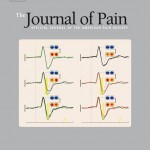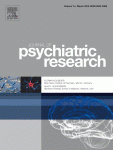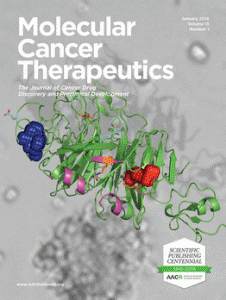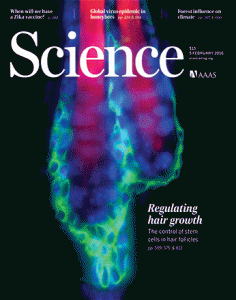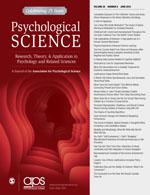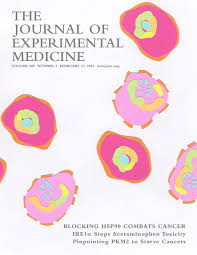 Researchers in Finland are criticizing an investigation by VTT Technical Research Centre into one of its scientists.
Researchers in Finland are criticizing an investigation by VTT Technical Research Centre into one of its scientists.
The investigation followed allegations about the VTT’s plasma and serum metabolomics (QBIX) group, previously led by Matej Orešič (who is now based at the Steno Diabetes Center in Gentofte, Denmark) and Tuulia Hyötyläinen. Kai Simons, who conducted an earlier investigation of the group, and the Chancellor Emeritus at the University of Helsinki, have criticized VTT, saying it cut corners in its investigation.
VTT found no evidence of data tampering or falsification in a 2008 paper co-authored by Orešič in the Journal of Experimental Medicine, but said the paper — which has not been corrected or retracted — included some “exaggerated conclusions.” In turn, Orešič and Hyötyläinen filed a complaint for “an alleged violation of good scientific practice” by Simons during the initial investigation. Continue reading Sparks fly in Finland over misconduct investigation


